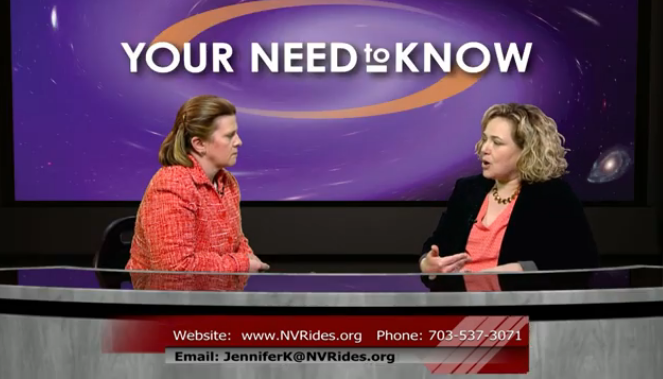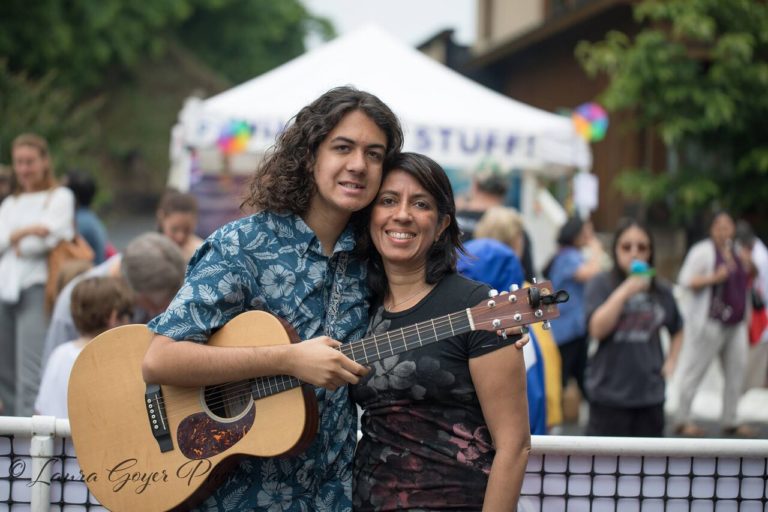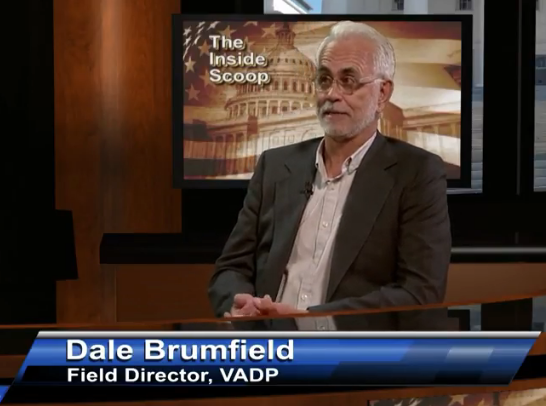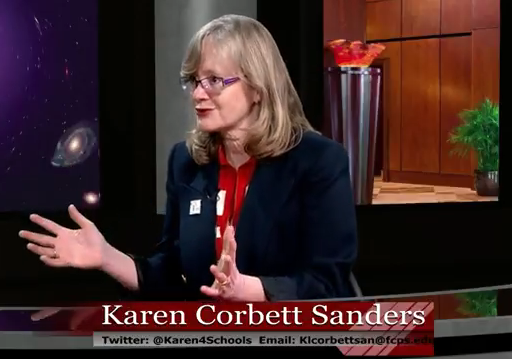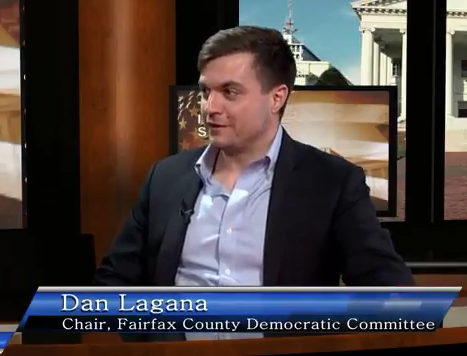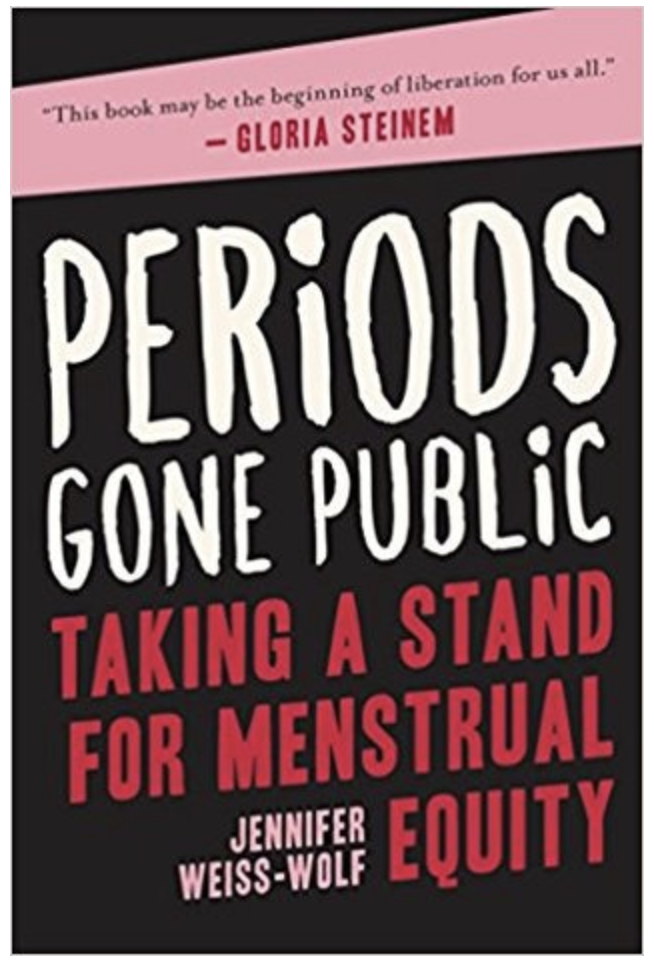NV Rides with Jennifer Kanarek
(May 29, 2019) Catherine Read sits down with NV Rides Program Manager Jennifer Kanarek to discuss volunteer driving programs in Northern Virginia that support older adults who are aging in place. In 2012, Fairfax County ran a large-scale survey of older adults to find out what they were looking for in their community as they…
